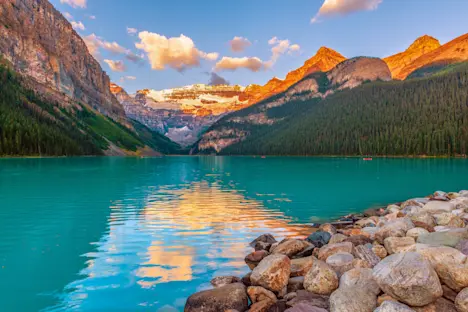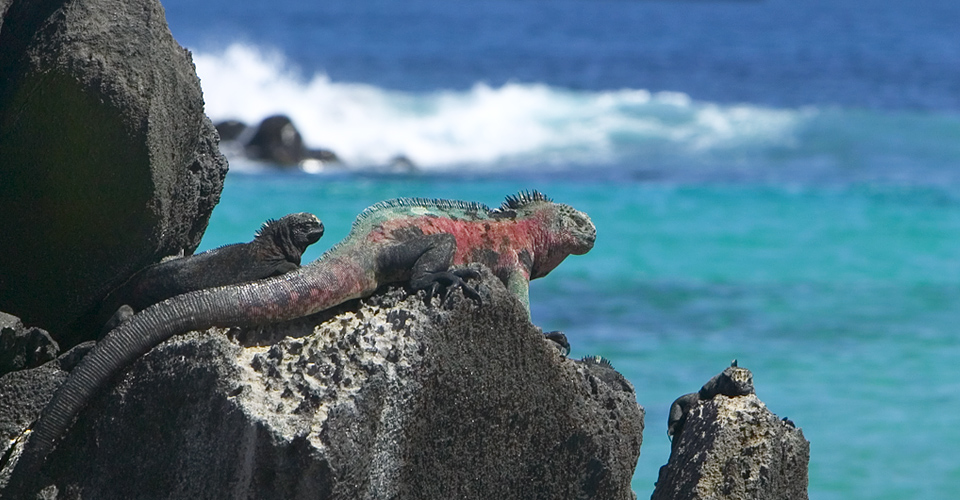
The Galapagos Islands, the inspiration behind Charles Darwin’s theory of evolution, are in the midst of environmental stress as climate change continues to threaten fragile island ecosystems. You might think the Galapagos is a site of pristine protection, because of its World Heritage Site status, impressive ecotourism and the fact that 97 percent of the island’s landmass protected as a national park. But despite these efforts for conservation and environmental awareness, less than one percent of water surrounding the islands had been protected. Why is this so important? National Geographic states it simply that, “the ocean off the Galápagos is an unusually productive ecosystem, thanks to the convergence of four major currents and upwelling of nutrient-rich waters.” Without adequate protection, waters surrounding the Islands were prime sites for overfishing and illegal fishing, which had significant impact on wildlife.
The famous diversity of the Galapagos is critical; fish biomass is on average 17.5 tons per hectare according to the Charles Darwin Research Station. An intact marine ecosystem is not only environmentally important, but it is a major source of revenue. Marine-based tourism, according to National Geographic, accounts for more than a third of all jobs in the Galapagos Islands.

Photo Edit © National Geographic
On March 21st, President Correa took unprecedented action and designated 32 percent of the waters protected from fishing, mining and other extractive industries by incorporating the waters into the 1998 Galapagos marine reserve. This marine sanctuary action will protect 15,000 square miles around the Galapagos Islands and preserve critical ecosystems that species such as sharks, rare penguins and others depend upon. Correa explained, “The government of Ecuador supports the creation of a marine sanctuary to leave an inheritance to our children and our children’s children; a wonderful world where as many species as possible are preserved for the enjoyment and knowledge of future generations.”
This is a huge win-win for the economy and environment of the Galapagos Islands, as local fishers, marine tourism employees, and the incredibly diverse ecosystems thrive in new protections. The integrity of the environmental wonders of the Galapagos Islands will continue to thrive as the government takes an active stance in prioritizing conservation.
This post is by About Galapagos contributor Maia Wikler, a Colorado College graduate with a passion for anthropology, human rights, travel and conservation. When she isn’t writing or reading she loves to be active outside and planning the next adventure.
































